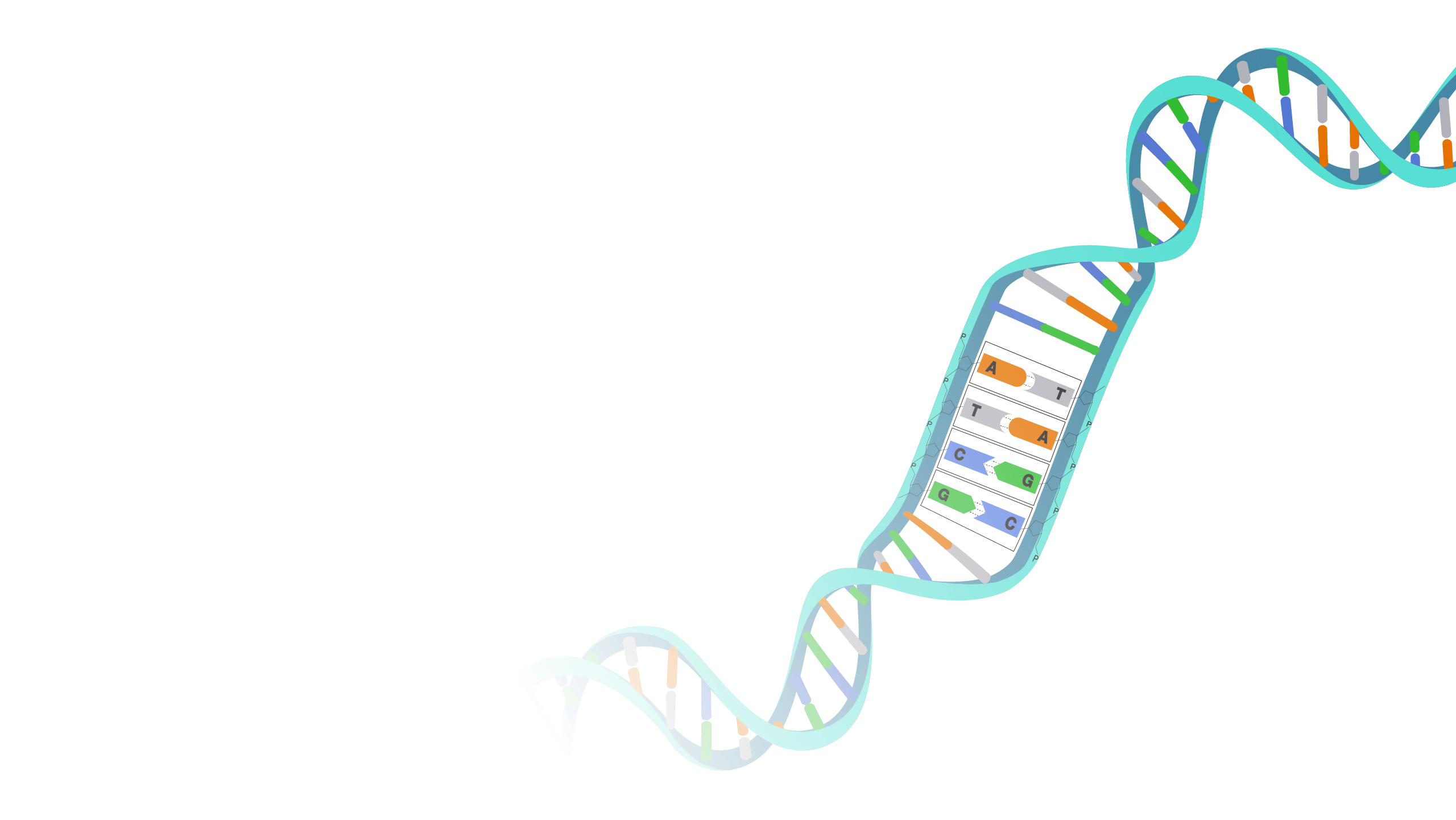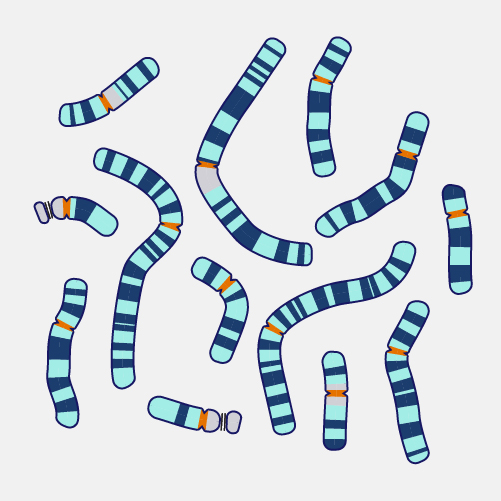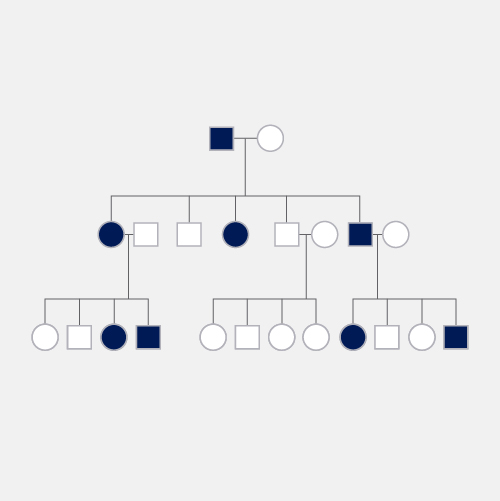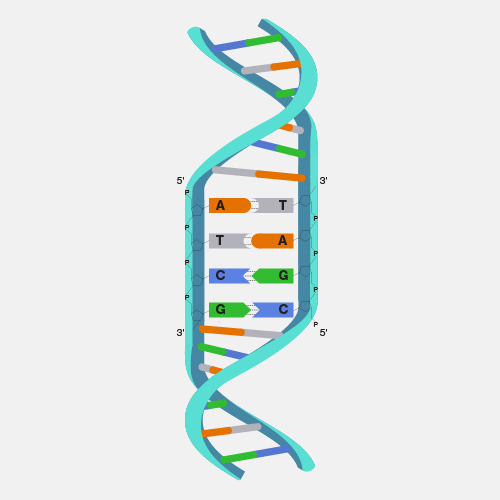
Risk
Definition
Risk, as related to genetics, refers to the probability that an individual will be affected by a particular heritable or genetic disorder. Both a person’s genome and environmental exposures can influence risk. An individual’s risk may be higher because they inherit a genetic variant (or allele) in one gene or a combination of many variants in different genes that increases susceptibility to or overtly causes a disorder. Other individuals may be at higher risk because they have been exposed to one or more environmental factors that promote the development of a certain disorder.
Narration
Risk. In genetics, risk information can be very helpful for making medical decisions. If I know that I am at higher risk for some future health problem, maybe I can change my diet or avoid certain activities or environmental exposures so that I can reduce my chances of having that problem. But risk can also be a very difficult idea for us to wrap our heads around. People like yes or no answers, and sometimes risk information is just not that clear-cut. It can often be very helpful for people to talk with genetics professionals to get a better understanding of what a statistical genetic risk means for them personally.




